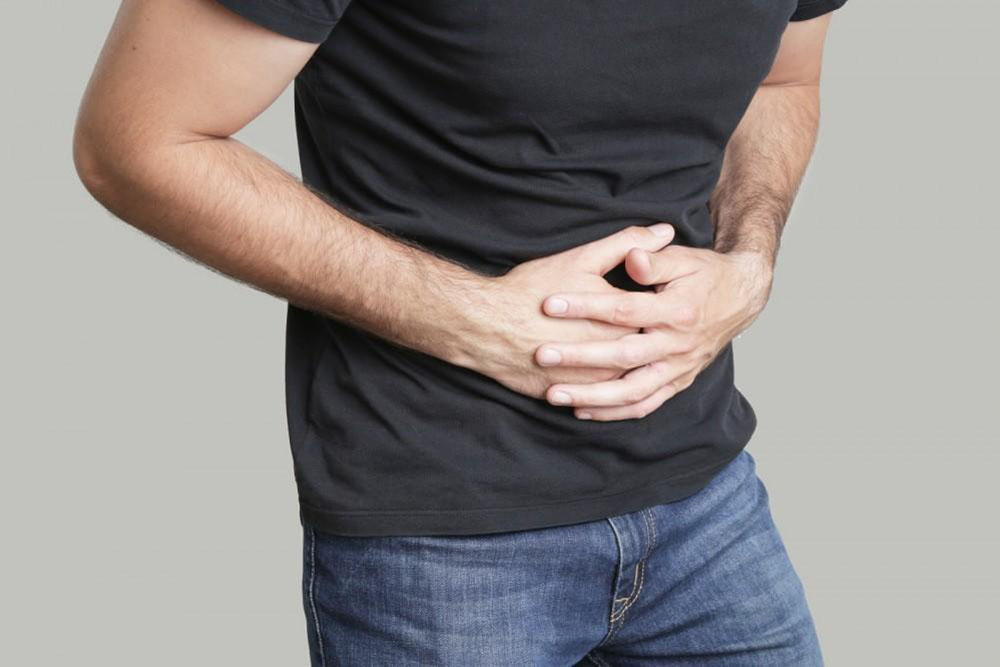Expert Treatment for Cyst of Pancreas by Dr. Bharat Pothuri
Dr. Pothuri uses a step-by-step approach:
Medical History and Physical Exam
He asks about your epigastric pain-its onset, intensity, and triggers-along with any nausea, early satiety, weight changes, alcohol use, prior pancreatitis, gallbladder disease, or family history of pancreatic disorders.
Blood Tests
He orders pancreatic enzymes (amylase, lipase), liver function tests, and, when indicated, tumor markers such as CEA and CA 19-9 to help distinguish benign cysts from those at higher risk.
Imaging Studies
- Abdominal Ultrasound: A first look to detect cysts, estimate size, and assess nearby organs.
- CT Scan or MRI/MRCP: Detailed cross-sectional imaging to evaluate cyst morphology, wall thickness, septations, and any ductal communication.
- Endoscopic Ultrasound (EUS): High-resolution images of the pancreas; ideal for small or indeterminate cysts.
Advanced Testing (if needed)
During EUS, he may perform fine-needle aspiration (FNA) to collect cyst fluid for cytology, biochemical analysis, and tumor marker testing-providing definitive information about cyst type and malignancy risk.

Frequently Asked Questions
Are pancreatic cysts dangerous?
Many cysts are not harmful. Some can turn into cancer over time, so regular imaging and follow-up help manage any risk.
What symptoms should I watch for?
Belly pain or pressure, feeling full quickly, unexplained weight loss, nausea or vomiting, and yellowing of the skin or eyes are warning signs to report.
How can you tell if it's a cyst or a tumor?
CT and MRI scans show size, location, and characteristics. Endoscopic ultrasound with fluid sampling provides cellular analysis to distinguish cysts from tumors.
What treatment options are available?
Some cysts need only periodic imaging. Others may require endoscopic drainage or surgical removal-laparoscopic or robotic-based on size, symptoms, and cancer risk.
Can lifestyle changes help?
Yes. A low-fat diet, smaller frequent meals, staying hydrated, avoiding alcohol and tobacco, and taking prescribed enzyme supplements can protect the pancreas.
When should I see a specialist?
If you have concerning symptoms or imaging shows a pancreatic cyst, consult a gastroenterologist like Dr. Bharat Pothuri for personalized evaluation and care.
Is endoscopic drainage safe?
Yes. Performed by an experienced endoscopist, it is minimally invasive, has a quick recovery, and effectively relieves pain or pressure from larger cysts.












